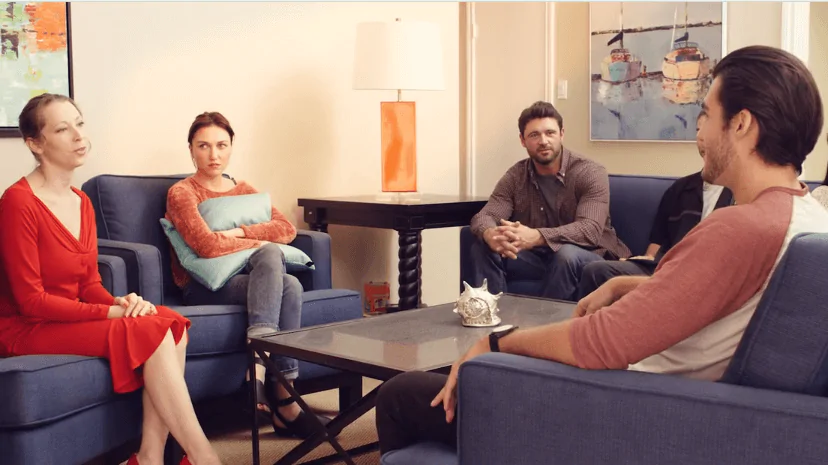24/7 Helpline:
(866) 899-221924/7 Helpline:
(866) 899-2219
Learn more about OCD Treatment centers in Idaho Springs

Other Insurance Options

Sutter

Magellan
Beacon

American Behavioral

Health Choice

EmblemHealth

Choice Care Network

Evernorth

Holman Group

Magellan Health

Health Net

ComPsych

Absolute Total Care

Excellus

Amerigroup

WellCare Health Plans

Optum

Kaiser Permanente

CareFirst

BHS | Behavioral Health Systems

Jefferson Center for Mental Health – Clear Creek
Jefferson Center for Mental Health – Clear Creek is a private rehab located in Idaho Springs, Colora...











Bridge to Change
Bridge to Change is a private rehab located in Idaho Springs, Colorado. Bridge to Change specializes...

